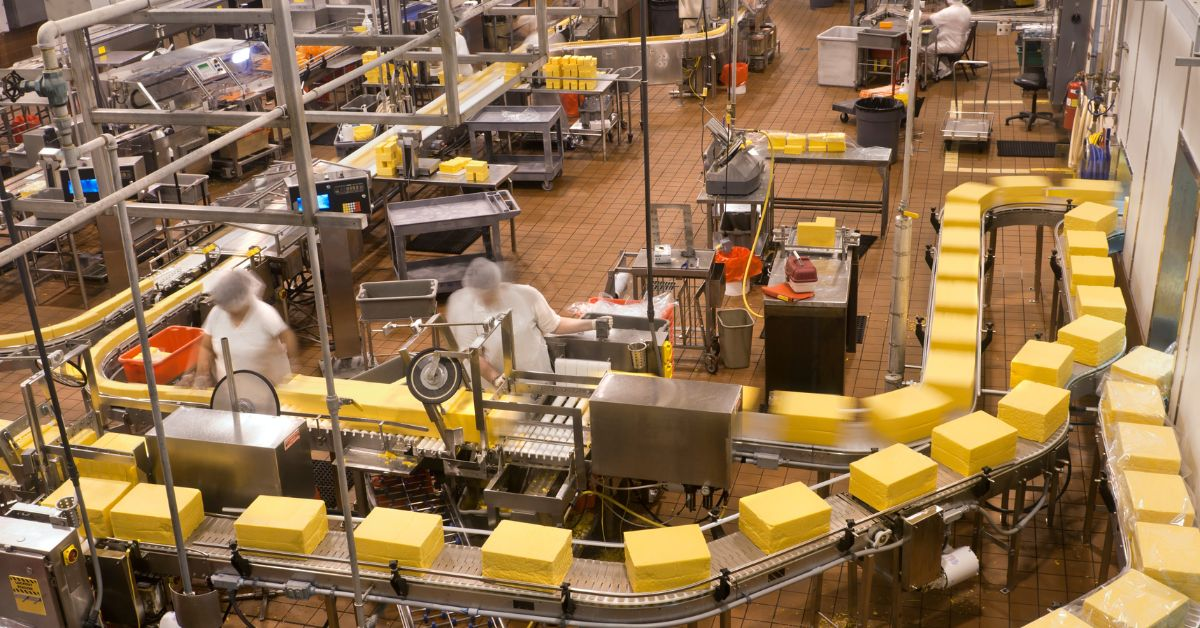For many food companies, the COVID-19 pandemic brought challenges and changes at all levels of operation, including how they prepare for inspections.
This blog from ImEPIK will review how the Food and Drug Administration changed its food safety inspection policies during the pandemic, how it is resuming inspections, and how food processors should prepare for renewed FDA activities.
How Did the FDA Respond to the Pandemic?
 As the virus began to spread to the United States, the ability to travel became restricted. As a result, the agency postponed all routine domestic and international surveillance inspections in March 2020. Instead, the FDA began focusing on “mission-critical inspections” for all regulated commodities.
As the virus began to spread to the United States, the ability to travel became restricted. As a result, the agency postponed all routine domestic and international surveillance inspections in March 2020. Instead, the FDA began focusing on “mission-critical inspections” for all regulated commodities.
For facilities that handle food, mission-critical activities focus on follow-up inspections due to a recall or whether there is evidence of serious adverse events or outbreaks of a foodborne illness.
In July 2020, the FDA resumed some domestic inspections, prioritizing them using a rating system to determine where and when it would be safest to conduct them. From March 2020 to March 2021, the FDA conducted 320 mission-critical inspections at human food facilities.
Impacts to FSMA mandated domestic inspections
The Food Safety Modernization Act (FSMA) mandates planned surveillance of food facilities, and as of Aug. 16, there were 12,643 domestic FSMA-mandated facilities due or past due for inspection in the fiscal year 2021. By Aug. 16, the FDA had completed 3 of the 121 FSMA-mandated inspections for FY 2021, and state programs approved to oversee FSMA activities conducted 4,385 inspections.
According to the FDA, it’s on track to hit its FY 2021 pandemic goal of 10% of the inspections scheduled pre-pandemic.
FDA Resumes Surveillance Inspections, Outlines Road Map to Recovery
On July 1, the FDA resumed routine surveillance inspections, a plan outlined in its Resiliency Road Map for FDA Inspectional Oversight. That document, released in May, provided three possibilities for returning to pre-pandemic operations:
- Base-Case: A gradual transition to standard operations;
- Best-Case: An immediate transition to standard operations; and
- Worst-Case: Maintain emergency operation status.
The FDA adopted the “base-case” scenario in July, eliminating domestic travel and establishment restrictions. This made current investigators available for inspections and suspended the use of the rating system.
Given the uncertainty of the pandemic, the FDA is weighing scenarios for resuming foreign inspections. The FDA will monitor factors that include potential COVID-19 surges, availability of vaccinations, new variants of the disease, and infection rates, to guide its decisions on inspections.
Be Prepared for Resumed FDA Food Safety Inspections
While the FDA’s Road Map addresses its inspection plans through the end of the fiscal year, it has not released inspection projections for the fiscal year 2022, which starts Oct. 1.
As of mid-August, FDA officials said they were not making specific FY 2022 projections due to the uncertainty and rapidly changing situation caused by the pandemic.
Regardless of the FDA’s goals for the number of inspections during the pandemic, it’s essential to be prepared for inspectors when they do arrive.
Key Steps for Post-Pandemic Inspections
- Know why FDA inspectors are at your facility: This may seem obvious, but it is critical for personnel to be prepared for routine inspections and follow-up visits related to a recall. Even though some of these inspection events are unplanned and possibly made without prior notice, having a solid food safety plan will help guide the process.
- Review your Food Safety Plans: Even if your company has a robust food safety culture, periodic material, and process reviews and mock recalls can help you prepare for questions from inspectors.
- Have the appropriate personnel available: If you have a designated food safety manager, whether they are your Preventive Controls Qualified Individual or not, make them available to inspectors, as well as any other personnel who can provide insight into the company’s food safety plans and practices.
- Have records available: Food safety plans must include documentation, and regulators need to see those records. Having the required records available can make your inspection more efficient.
Prepare for Food Safety Inspections with ImEPIK’s Training
ImEPIK is here to help you implement the food safety policies required by the Food and Drug Administration. Our PCQI Training Course is 100% online and contains the FDA’s mandated curriculum. The course also includes several real-life production scenarios and support materials, including a downloadable manual.
Contact ImEPIK to learn more about PCQI Online and prepare for your next FDA inspection.







